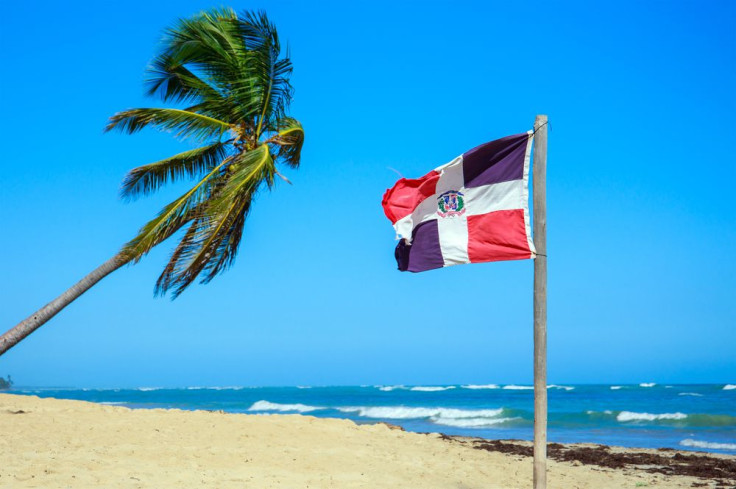
When you think of Dominican Republic you think nice beaches, gorgeous women, great food, a lot of dancing, some of the best baseball players in the world, and overall happiness. The eastern part of La Hispaniola island has been a travel destination for decades, gaining a lot of popularity during winters, since its warm temperatures make it very tempting once the excruciating winter has hit north. Locals often joke that there are only two seasons in the DR: summer and hell (in Spanish “infierno,” a play-on-words of “invierno,” which means winter).
But the reality is that the Dominican Republic boasts a range of ecosystems going from the warmest beaches with the most perfect cooling breeze such as Punta Cana, Puerto Plata, Cabarete, Samaná, to arid semi-desert plains and sand dunes such as the ones in Baní, the largest in the Caribbean. Lush valleys and tropical rainforests also make part of the vegetation. There are five mountain ranges that run through the Dominican Republic. The Cordillera Central, which runs through the center, is the highest mountain range on the island, and includes Pico Duarte, the highest mountain in the Caribbean, at 3,087 meters (10,128 feet).
But one thing that really sets Dominicans aside from other Latin Americans has nothing to do about the gorgeousness of the country or all the places to see and visit. It’s their vocabulary. It’s a known-fact within the Latino community that Dominicans have their own language. There’s Spanish, and then there’s Dominican Spanish.
Dominicans have a very particular vocabulary. Most of their Latin American peers won’t understand half of what they’re saying because Dominicans have appropriated different meanings to every day words. Although the Dominican slang is way too complex to decipher in an easy-to-read post, here’s a little introduction so you can start wrapping your head around the “new” meanings we give different words. Check out the slideshow above to find out!
















© 2025 Latin Times. All rights reserved. Do not reproduce without permission.





